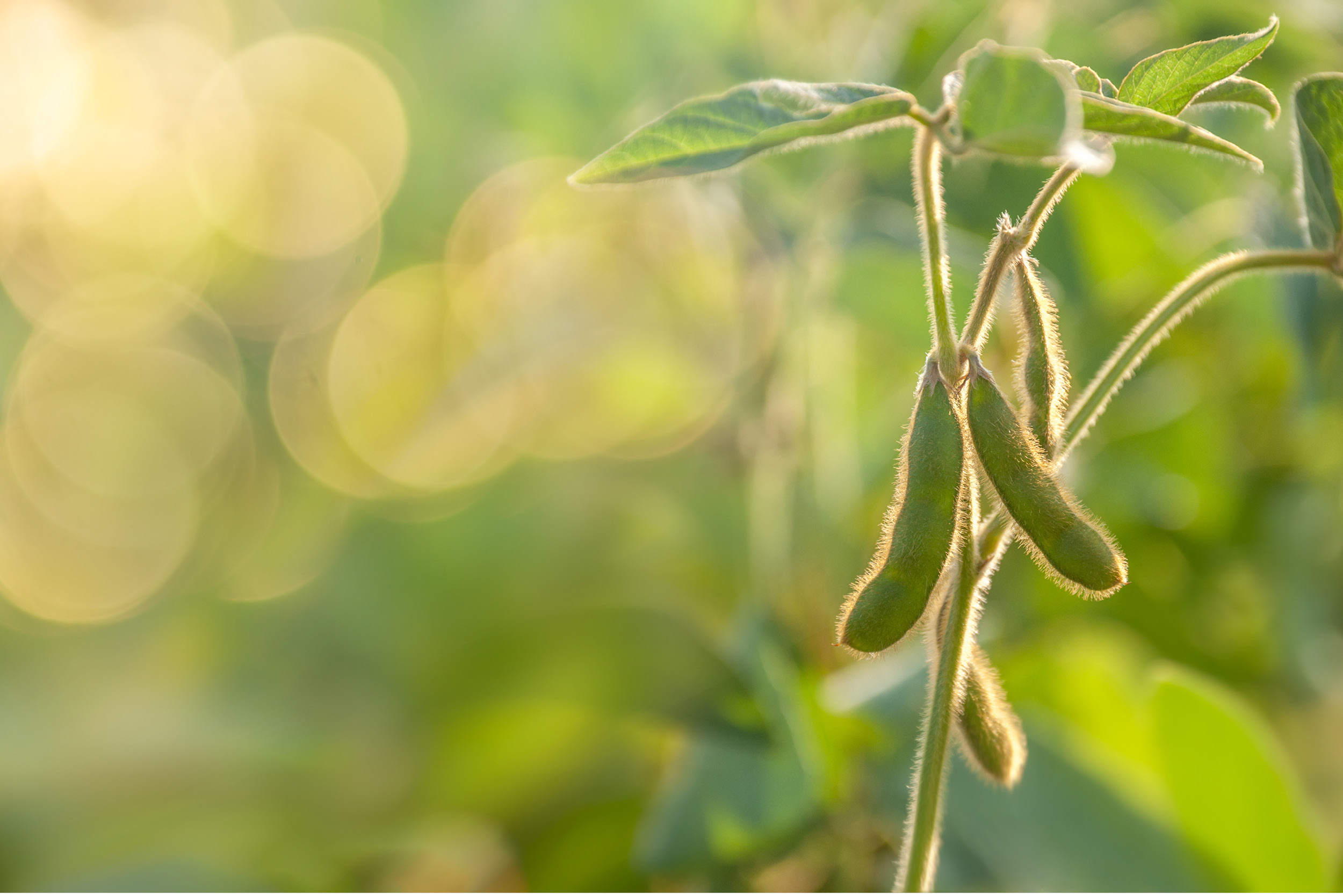SSGA offers support for OSPA petitions
Representatives of SSGA and the Organic Soybean Processors of America met last month to discuss how the two organizations might work together in the future. This week, SSGA offered its support to OSPA in its concerns about unfairly traded imports of organic soybean meal from India, writing a statement of support for anti-dumping and countervailing duty petitions filed by the OSPA.
In the letter to the U.S. International Trade Commission, SSGA stated that it “supports OSPA’s goal of ensuring a rules-based global market and level playing field for U.S. soya and specialty grains.”
Please read OSPA’s press release below. And for more information, click here.
U.S. ORGANIC PROCESSORS COMMEND THE COMMERCE DEPARTMENT’S INITIATION OF AN INVESTIGATION INTO UNFAIRLY TRADED IMPORTS OF ORGANIC SOYBEAN MEAL FROM INDIA
The Organic Soybean Processors of America (OSPA) commend the U.S. Department of Commerce for initiating an investigation into unfairly traded imports of organic soybean meal from India. OSPA is a coalition of the small and family-owned processors of U.S. Department of Agriculture–certified organic soybeans that yield the high-protein meal used in feed for organic poultry and dairy. While demand for organic meal is at its highest point in history due to U.S. consumers desiring more sustainable organic products, OSPA members are facing dire circumstances due to subsidized and dumped imports from India. Over the past several years, Indian organic meal has flooded the U.S. market, jumping from just 2% before the surge to now owning nearly 70% of the U.S. organic meal market. U.S.-produced organic soybean meal meanwhile has plummeted from 80% of the market to just over 30%.
Domestic organic soybean meal processors have been forced to shutter or operate at a loss, making the U.S. organic poultry and dairy sectors almost entirely reliant on India. This over-reliance threatens the entire U.S. organics industry and consumers. COVID-19–related closures at India’s ports in 2020 caused shortages and skyrocketing prices. USDA then addressed longstanding claims of fraud in India’s organic industry. This again caused shortages and record high prices for Indian organic soybean products. OSPA has been warning of these issues for several years including meeting with members of the industry, Congress and various trade officials, but the industry would not change its ways. The challenges the U.S. organics industry now face are the consequences of an over-reliance on unfairly traded imports from India and existed well before OSPA filed its petitions.
OSPA desires to level the playing field and establish a balanced organics market by requesting that Commerce and the International Trade Commission stop India’s unfair trade practices. The International Trade Commission will make a decision regarding the injuries suffered by OSPA members on May 17, 2021. Should the ITC decide in OSPA’s favor, Commerce will make a decision on the amount of preliminary duties to impose on Indian organic meal by Fall 2021. This will allow U.S. organic companies that use Indian meal time to adjust over the summer to the challenges facing the market and meet current obligations. OSPA believes that the entire organic industry can benefit when all organic products are traded around the world in accordance with the rules.







Leave a Reply
Want to join the discussion?Feel free to contribute!